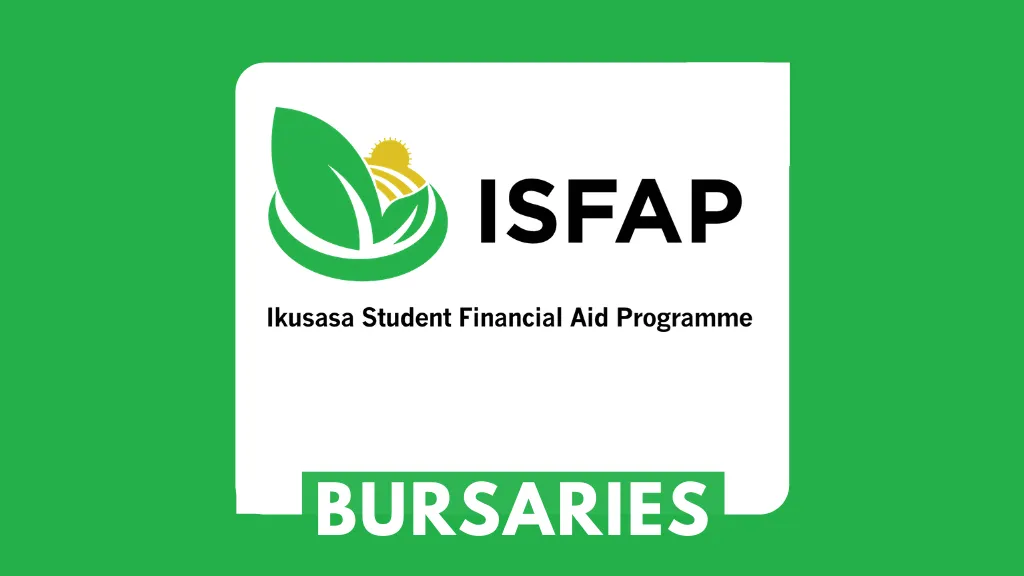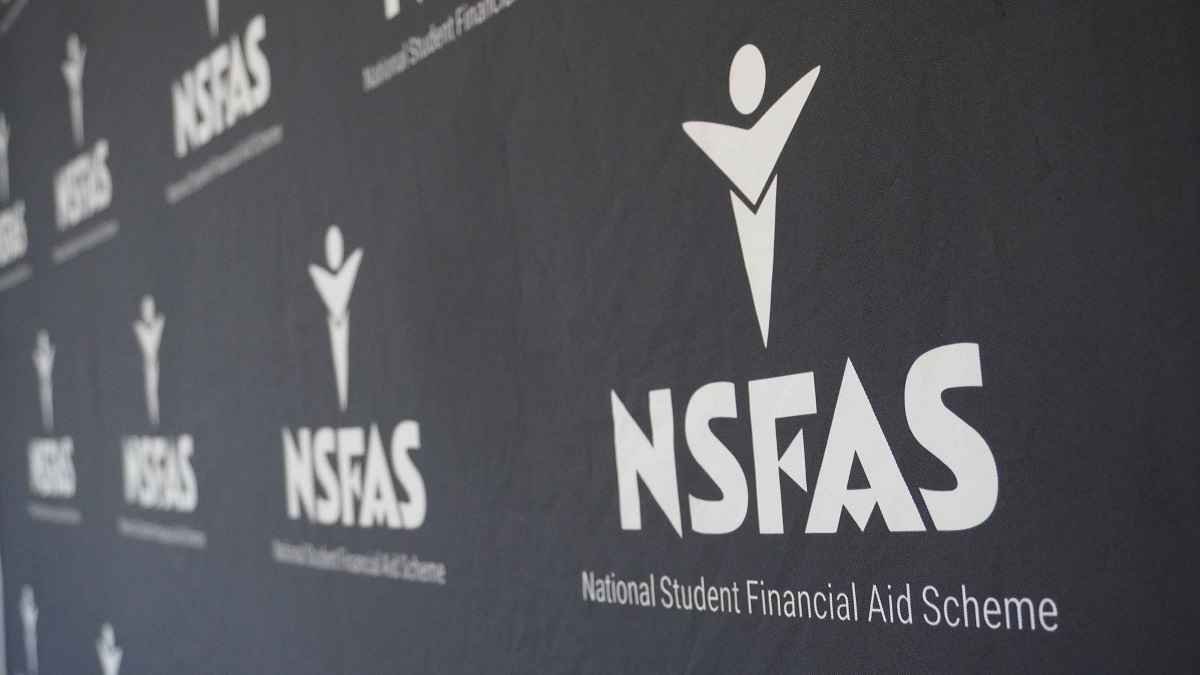The Ikusasa Student Financial Aid Programme (ISFAP) is a bursary programme designed to help students from poor and middle-class families to finance their tertiary education. The programme is open to students in a wide range of fields, including engineering, law, medicine, and social sciences.
ISFAP Bursary Requirements
Here are the requirements for students to be eligible for the ISFAP bursary:
- South African citizenship: Applicants must be South African citizens or permanent residents with a valid ID or passport.
- Financial need: ISFAP bursaries are awarded based on financial need. Applicants must demonstrate that they come from a household with a combined income of less than R600,000 per year.
- Academic potential: Applicants must have a strong academic record and demonstrate the potential to succeed in their chosen field of study.
- Course of study: ISFAP bursaries are available for a wide range of courses, but priority is given to studies in high-demand fields such as engineering, medicine, and accounting.
- Age limit: There is no specific age limit for ISFAP bursaries, but applicants must be first-time tertiary students.
- Application deadline: The application deadline for ISFAP bursaries varies depending on the institution and programme. It is important to check the specific application deadlines for the programme of interest.
- Continued funding: To continue receiving the ISFAP bursary, students must maintain a strong academic record and meet the attendance requirements of their institution.
How To Apply For An ISFAP Bursary
Applying for an ISFAP bursary involves completing an online application form and submitting supporting documents, such as proof of income and academic records. Successful applicants will receive funding for tuition, accommodation, and living expenses, depending on their individual needs.
The ISFAP bursary programme provides a valuable opportunity for South African students from poor and middle-class families to pursue tertiary education. By meeting the eligibility requirements and following the application process, students can access the financial support they need to achieve their academic and career goals.






